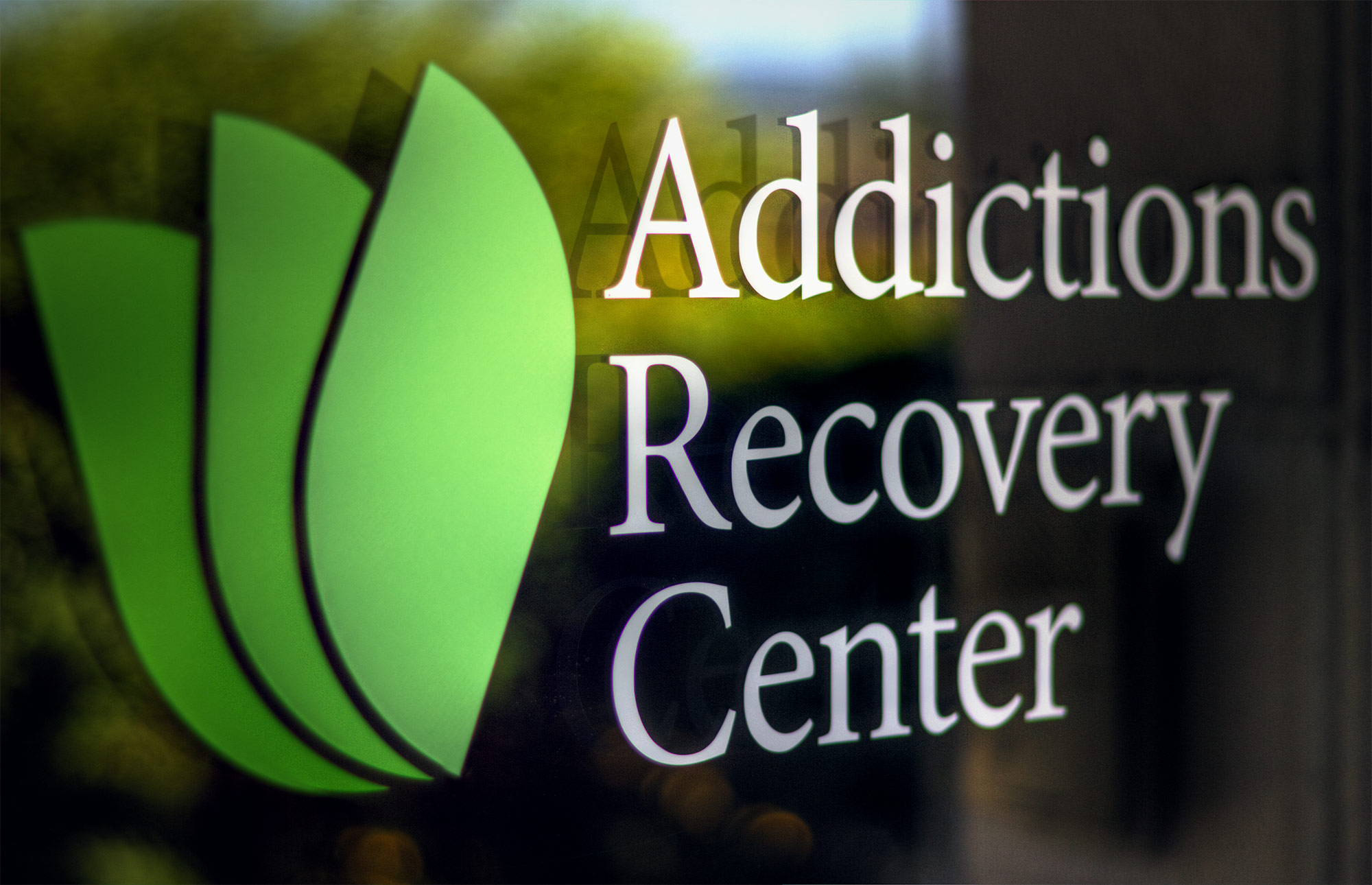Compassionate Treatment: Discovering Addiction Treatment Centers Near You
Compassionate Treatment: Discovering Addiction Treatment Centers Near You
Blog Article
Browsing the Trip of Detoxification in the Comprehensive Addiction Therapy Program
Starting the course of detoxification within the framework of a detailed dependency treatment program is a critical stage in the journey in the direction of recuperation. The process of detoxing holds a significant role in breaking the physical dependence on materials and preparing the person for the succeeding phases of therapy. Nonetheless, browsing with cleansing is not simply a matter of physical cleansing; it entails a complex interaction of emotional, psychological, and social aspects that need cautious consideration and support. As individuals grapple with the obstacles of withdrawal signs and the uncertainties that lie in advance, having a robust assistance and an organized strategy system in area comes to be vital. In this discussion, we will explore the complex elements of cleansing within the detailed addiction therapy program and clarified the important elements that shape this transformative trip in the direction of recuperation.
Significance of Cleansing in Healing

Cleansing sets the foundation for the rest of the addiction treatment program by preparing the individual for further treatment and therapy. By cleaning the body important that have been clouding judgment and influencing habits, detoxification makes it possible for clients to approach their recuperation with a clearer mind and stronger emphasis.
In addition, detoxing aids in taking care of the possibly serious withdrawal symptoms that might emerge when medicine or alcohol use is stopped. Medical specialists very closely keep an eye on clients during detoxification to guarantee their security and provide essential assistance. With this process, people can begin their journey in the direction of sobriety with a stabilized physical and psychological state, enhancing the possibility of a successful recuperation.
Comprehending the Detox Refine
Cleansing, a fundamental part of addiction therapy programs, entails a structured process focused on securely removing damaging substances from the body to facilitate an effective recuperation trip. The detox procedure commonly starts with an analysis to examine the individual's substance usage history, physical wellness, and psychological wellness. This assessment helps healthcare specialists figure out the most proper detox strategy tailored to the individual's demands.
During detoxification, the body goes through withdrawal as it adapts to the absence of the material. Withdrawal signs differ depending on the sort of substance utilized, the duration of use, and specific elements. Clinical guidance during detoxification is crucial to take care of withdrawal symptoms and make certain the individual's security and convenience.

Handling Withdrawal Signs

Medicines might be used to relieve specific withdrawal signs and lower discomfort. Medications like methadone or buprenorphine can help handle opioid withdrawal signs and symptoms, while benzodiazepines might be used for alcohol withdrawal. It is vital for doctor to meticulously monitor the individual's reaction to these medicines to guarantee their safety and security and performance.
Along with pharmacological interventions, supportive therapies such as counseling, peer support system, and holistic practices like mindfulness meditation or yoga can help people manage the psychological and emotional challenges of withdrawal. By addressing withdrawal symptoms comprehensively, doctor can enhance the detoxing experience and assistance people on their trip to recuperation.

Assistance Equipments During Detox
Support group play an important function in giving social and psychological assistance to individuals undergoing detoxification in addiction treatment programs. During the detox process, individuals frequently experience a series of emotional and physical withdrawal signs and symptoms, making this stage tough - Addiction Treatment Center. Having click here for more a solid support group in position can dramatically influence the person's capability to navigate with detoxification effectively
Assistance teams offer a system for individuals to attach with others who are going with similar experiences, using a feeling of neighborhood and shared understanding. Medical care professionals, consisting of counselors, physicians, and specialists, play a crucial function in checking the individual's development, supplying clinical support, and providing support throughout the detoxification process.
Looking Ahead: Life After Detox
Having effectively completed the cleansing stage, individuals in addiction treatment programs now concentrate on getting ready for the obstacles and opportunities that lie ahead in their trip in the direction of recuperation. Life after detoxification notes a crucial transition duration where people have to proceed to improve the progression made throughout detox to preserve their sobriety. It is important for individuals to recognize that the trip in the direction of recuperation is continuous and needs commitment, commitment, and a willingness to welcome adjustment.
One secret element of life after detox is the development of dealing systems see this to handle triggers and yearnings that may emerge. This might include learning brand-new abilities, such as mindfulness practices, cognitive-behavioral techniques, and stress and anxiety monitoring methods, to navigate tough circumstances without turning to substance usage. Furthermore, people are motivated to actively participate in continuous therapy, assistance groups, and aftercare programs to reinforce their assistance network and receive advice as they navigate the intricacies of life post-detox.
Final Thought
Comprehending the detox process and managing withdrawal signs and symptoms are vital actions towards healing. It is crucial to recognize the importance of detoxification in the procedure of conquering addiction and relocating in the direction of a life of sobriety.
Medical supervision throughout detoxification is essential to handle withdrawal signs and symptoms and ensure the individual's security and convenience.
By recognizing the detoxification process and its significance in breaking the cycle of dependency, people can get started on a path towards lasting recovery.
During the detox procedure, people often experience a range of physical and mental withdrawal signs and symptoms, making this stage tough. Medical care professionals, including doctors, therapists, and counselors, play a crucial function in checking the individual's development, supplying clinical assistance, and offering support throughout the detoxification procedure.
Life after detoxification notes an essential shift period where individuals must proceed to construct on the development made during detox to keep their soberness.
Report this page